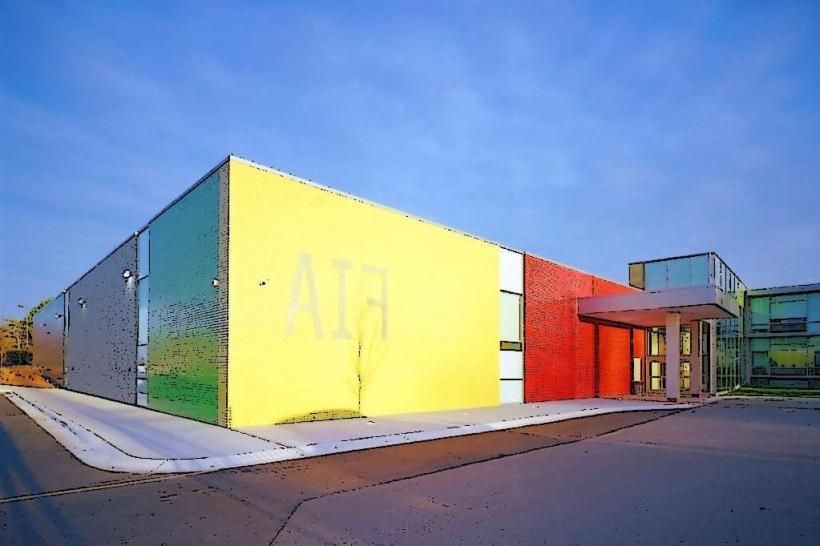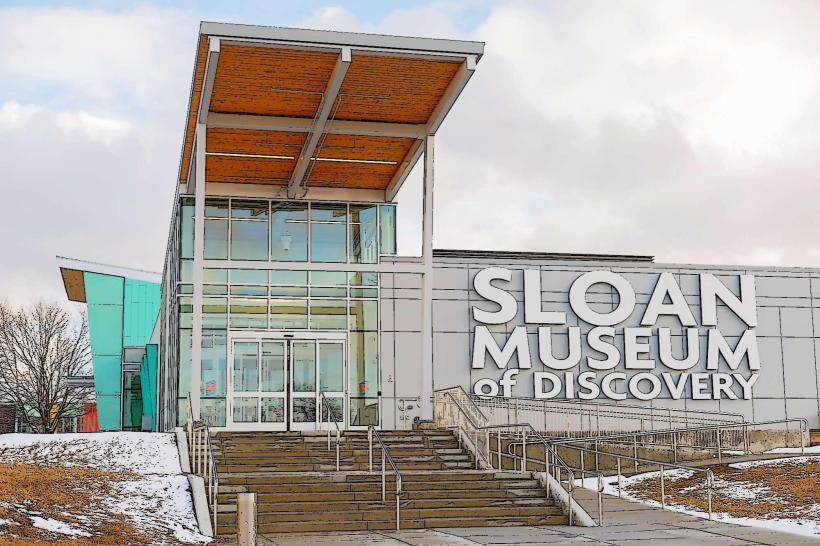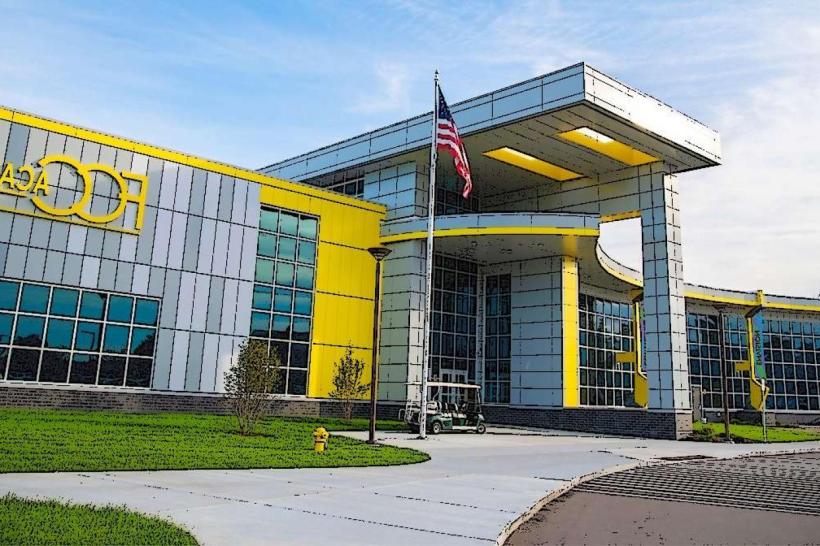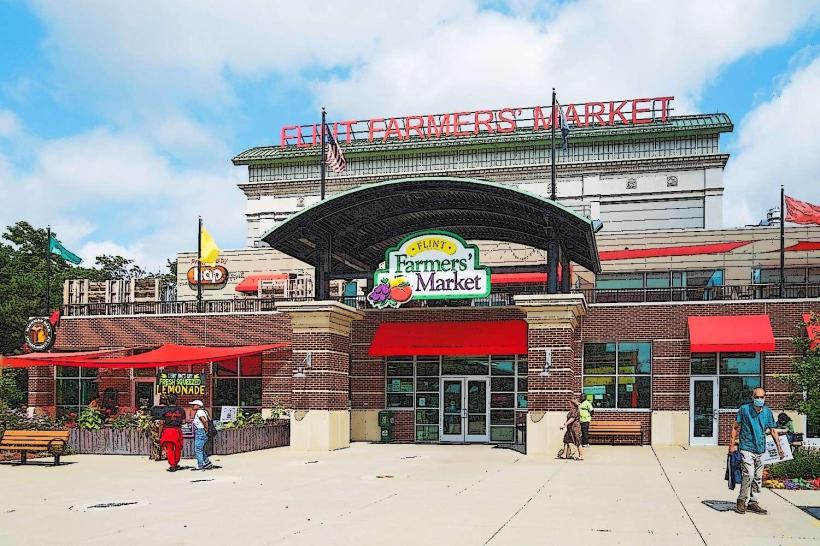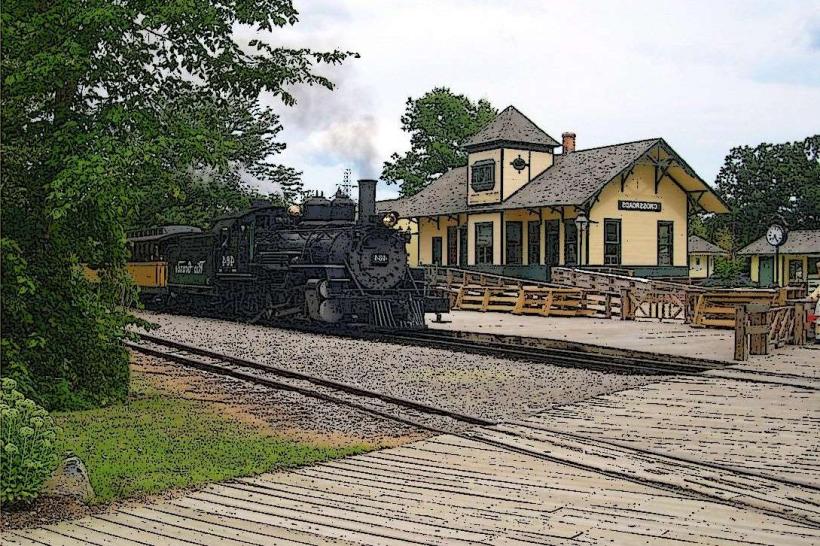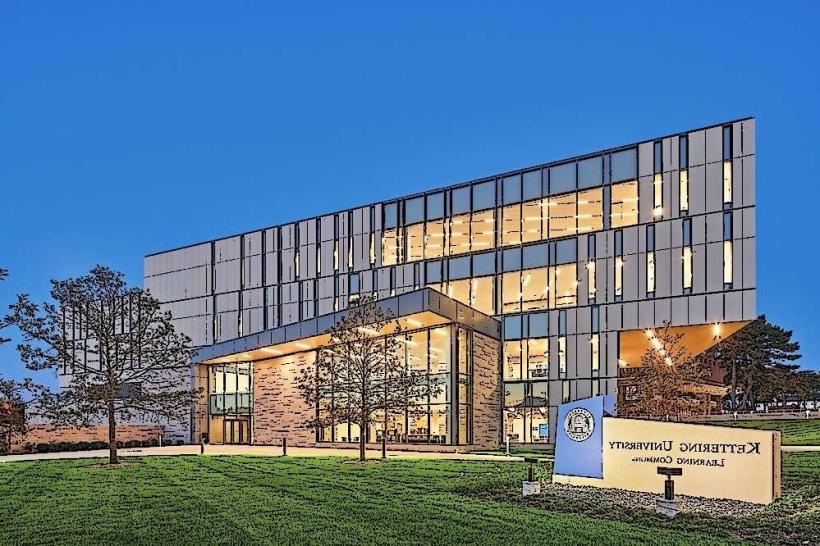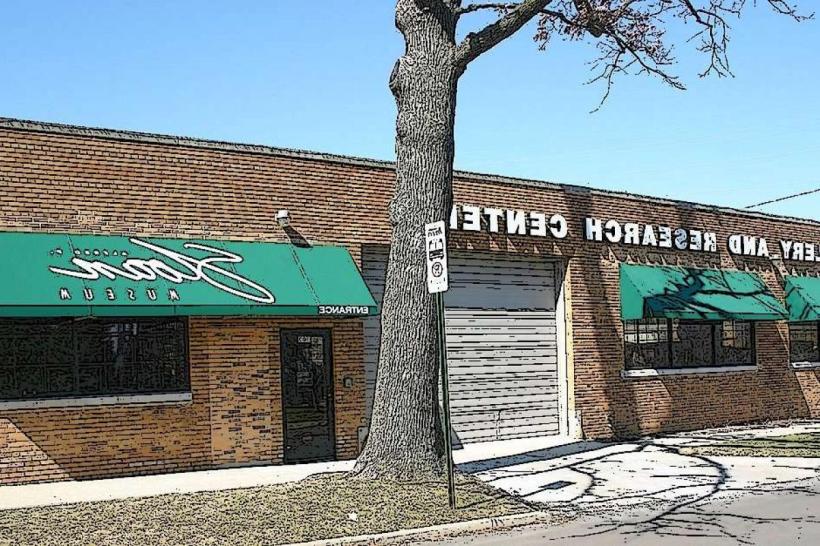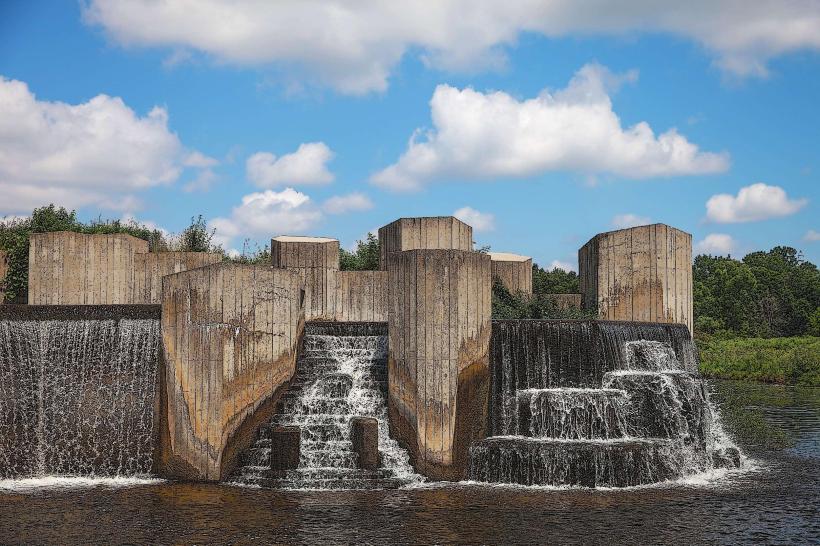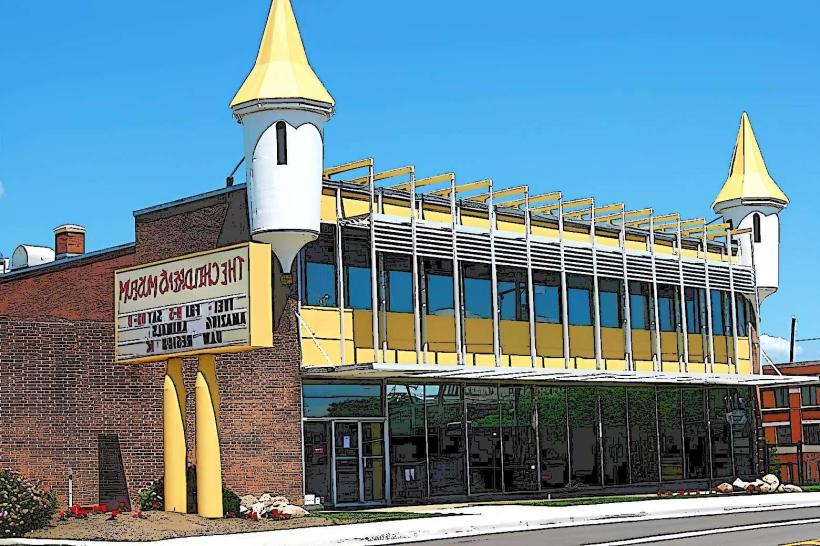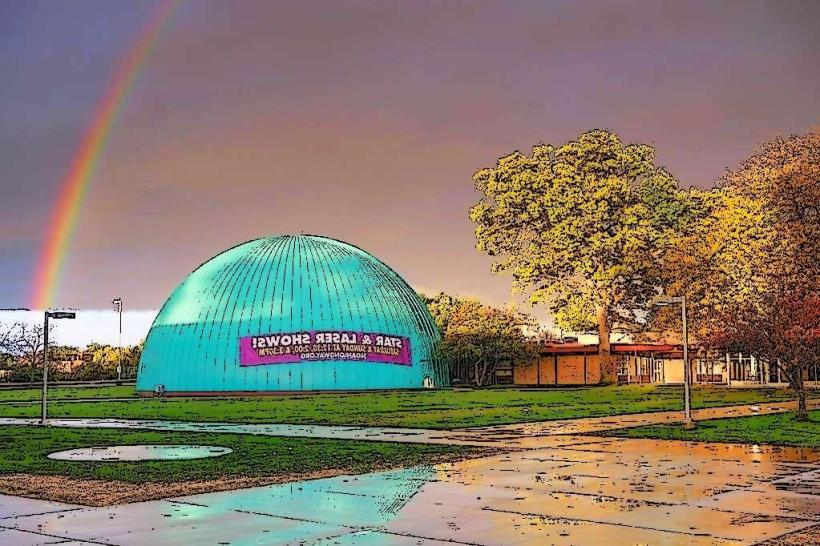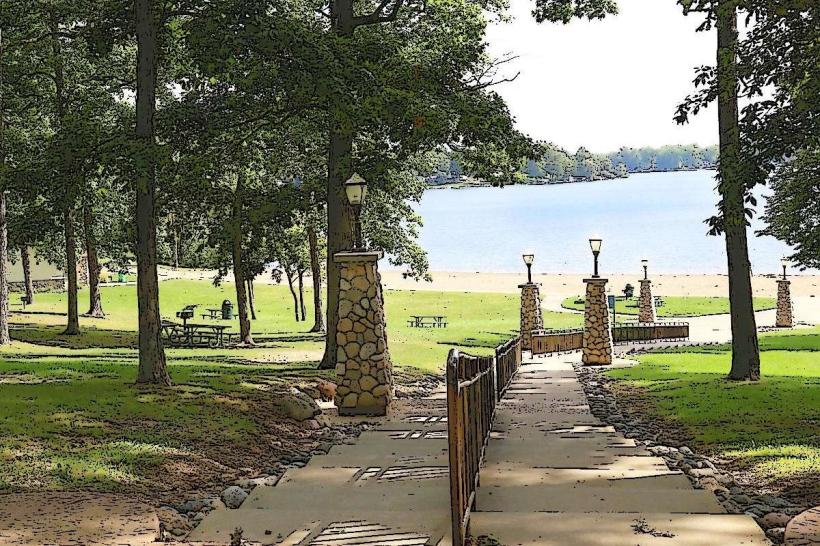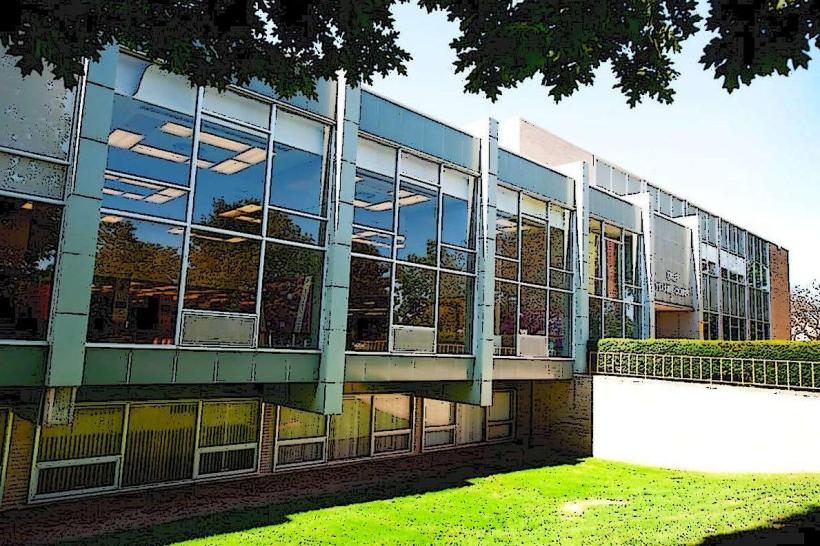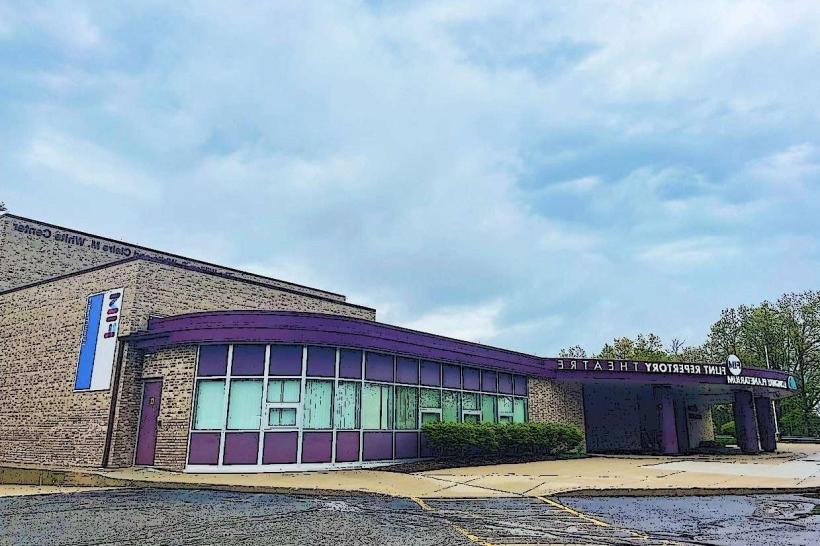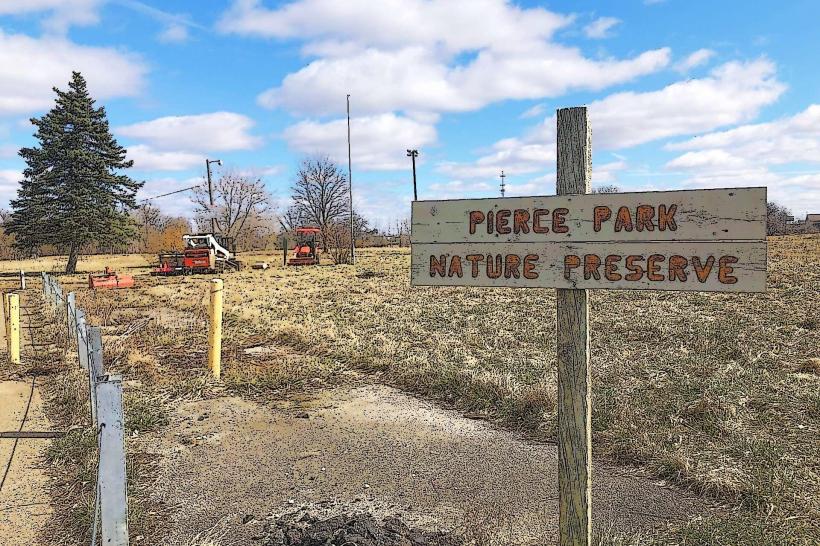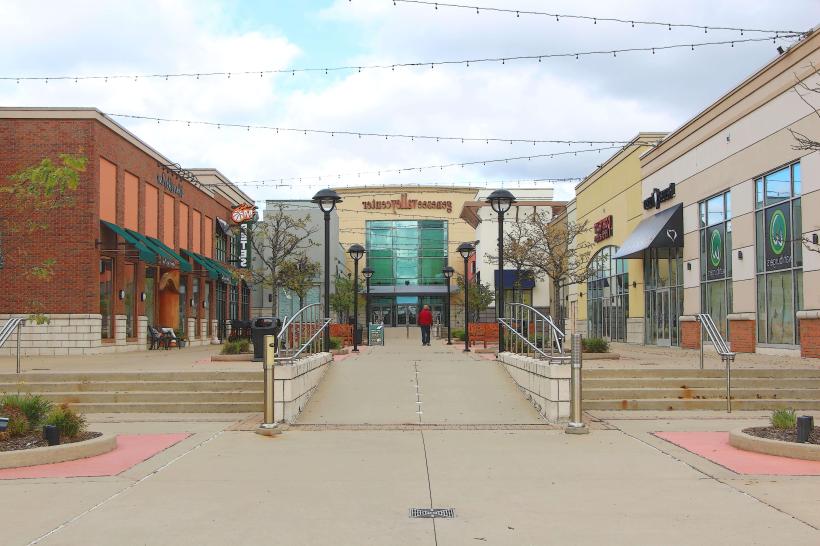Information
Landmark: Atwood StadiumCity: Flint
Country: USA Michigan
Continent: North America
Atwood Stadium, Flint, USA Michigan, North America
Atwood Stadium is a historic and multifunctional sports and events venue located in the Carriage Town neighborhood of downtown Flint, Michigan. It is one of the city's most notable landmarks, combining nearly a century of community significance with modern-day usage for sports, entertainment, and cultural gatherings.
Historical Background
Atwood Stadium was constructed during the late 1920s and officially opened on June 8, 1929. The stadium was developed through a partnership involving the city of Flint and the federal government as part of the Works Progress Administration (WPA) initiatives during the Great Depression. This effort was aimed at providing employment and improving public infrastructure. The land for the stadium was donated by Edwin W. Atwood, a former mayor of Flint, and the stadium was subsequently named in his honor.
The original purpose of Atwood Stadium was to serve as a community venue for high school football and other outdoor sports, reflecting the era’s enthusiasm for organized athletics as a way to foster community spirit and youth development. Its construction used a combination of concrete and steel, making it a durable and relatively large stadium for the time, with an initial seating capacity of around 11,000.
Architecture and Design
Atwood Stadium’s design reflects early 20th-century stadium architecture with a large, oval-shaped bowl surrounded by concrete bleachers. The stadium sits along the Flint River, providing a scenic backdrop and making it a visually prominent feature within the Carriage Town district. The stadium’s layout includes multiple seating sections, a press box, locker rooms, concession stands, and restrooms, designed to accommodate both players and spectators comfortably.
The stadium’s playing surface has evolved over the years. Originally a natural grass field, Atwood Stadium underwent modernization with the installation of a FieldTurf synthetic surface in 2015. This upgrade allows for increased usage throughout the year and supports multiple sports, including football, soccer, and lacrosse. Permanent field markings accommodate these sports, enhancing the versatility of the venue.
Ownership and Renovations
In 2013, Kettering University, a prominent engineering and technology-focused institution based in Flint, acquired ownership of Atwood Stadium from the City of Flint. Since then, the university has invested significant resources into renovating and upgrading the facility to meet contemporary standards.
Renovations completed in 2015 included:
Installation of modern FieldTurf synthetic playing surface
Upgraded restrooms and concession areas to improve visitor comfort
Refurbished press box with updated technology for media and event management
Enhanced exterior appearance and improved safety features
Improved lighting and sound systems to support evening events and larger audiences
These improvements have made Atwood Stadium more attractive for a wider range of events while preserving its historical character.
Current Uses and Tenants
Atwood Stadium serves as a vital community asset, hosting a variety of sporting and cultural events:
High School Athletics: The stadium is a primary venue for Flint-area high schools, especially Powers Catholic High School, which uses Atwood for its football, soccer, lacrosse, and marching band activities. The stadium hosts regular season games, playoff matches, and special football classics such as the Vehicle City Gridiron Classic, which draws crowds from across the region.
Soccer: Since 2019, the Flint City Bucks, a semi-professional soccer team competing in USL League Two, has made Atwood Stadium their home. This has brought increased visibility and excitement to the local soccer scene, with matches attracting fans from Flint and neighboring communities.
Community Events: Beyond sports, Atwood Stadium serves as a venue for concerts, rallies, and community gatherings. The Flint Institute of Music organizes an annual Independence Day concert here, which culminates with a fireworks display launched from nearby Chevy Commons park. Additionally, the stadium hosts charity runs and races, including the popular Atwood Stadium Races organized by the Crim Fitness Foundation, which include 5K and 10K events beginning and ending at the stadium.
Community and Cultural Significance
Atwood Stadium stands as a symbol of Flint’s resilience, community pride, and commitment to youth and sports development. Its nearly 100-year history embodies the city’s evolving social and cultural landscape, serving as a meeting place for generations of residents.
The stadium’s strategic location in the Carriage Town district places it within a neighborhood known for historic homes and revitalization efforts, linking the past and present in Flint’s urban fabric. The involvement of Kettering University in maintaining and improving the stadium underscores the importance of partnerships between educational institutions and local communities in sustaining public spaces.
Visitor Amenities and Accessibility
Atwood Stadium offers several amenities to accommodate visitors:
Ample parking spaces adjacent to the stadium
Concession stands providing food and beverages during events
Accessible seating options to ensure inclusivity for all guests
Restroom facilities upgraded during recent renovations
The stadium’s accessibility by public and private transportation, combined with its proximity to downtown Flint, makes it a convenient destination for both local residents and visitors.
In summary, Atwood Stadium is more than just a sports facility; it is a historic and cultural landmark that continues to serve the Flint community in diverse ways. Its rich history, combined with thoughtful modernization, allows it to host a broad spectrum of athletic, cultural, and community events while preserving the spirit and heritage of the city. The stadium remains a focal point for sports enthusiasts, students, families, and community members who come together to celebrate local pride and shared experiences.

